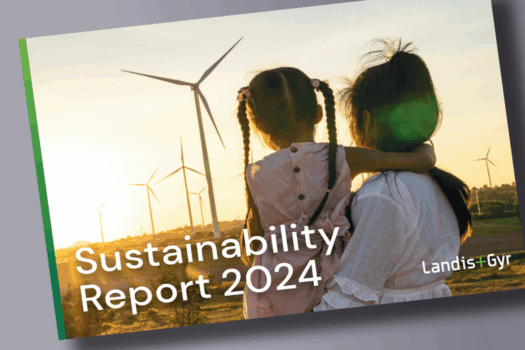In this interview, Sibylle Umiker, Senior Consultant at Sustainserv and, together with the team, responsible for more than 20 sustainability reports, discusses the current reporting season, explains the biggest challenge and expresses her wish for future reports.

Sustainserv accompanied two dozen sustainability reports between January and March alone. Tell me honestly, how intensive was it?
This time is becoming more intense every year. Due to the merging of annual and sustainability reports, there are fewer and fewer countercyclical sustainability reports. In addition, the trend continues that the publication of results should take place earlier and earlier.
Does this bring advantages?
This shortens the period in which the organization is burdened by the reporting process. That is an advantage. However, I personally see the quality and meaningfulness of the reports in danger. Specifically, there is less and less time to collect, validate and then finally comment on the data for the past year.
Compared to the reports from a year ago: What has changed? What new challenge did almost everyone have to master?
This season was more time-consuming than in other years for numerous reports. The main reasons for this are the new GRI Standards 2021 on the one hand and the changing legal framework on the other. We had recommended that many companies take advantage of the changeover in reporting to the new GRI Standards to update the underlying materiality analysis and switch to dual materiality. Those that have taken on this work now have a basis that is GRI and legally compliant. This will ease the burden on the reporting process in the coming years.
GRI Standards 2021
To meet growing stakeholder demand for transparency, GRI has revised the Universal Standards 2021. The changes mainly concern the integration of human rights, the method for assessing materiality and the consideration of growing regulatory requirements. Organizations seeking to report in accordance with the GRI Standards must align their reports with the new GRI Standards 2021 from January 1, 2023.
Sustainserv is a certified training partner of the Global Reporting Initiative in Switzerland and will again offer two-day GRI certificate courses in 2023. The training information can be viewed here.
Were companies ready for these new requirements?
All of our clients were able to publish a report this year based on “double materiality”. Depending on the available resources, this season’s materiality update was made a bit more comprehensive or more compact. Accordingly, we will not be bored this summer. There are some companies that see new opportunities – based on the lean foundation of the completed reporting process – to engage stakeholders even more and in a more targeted way and to take care of management approaches.
What advice would you like to give companies with regard to the next reporting period? What could they do now to be even better prepared next year?
It is central that a company reflects on the function and the possibilities of sustainability reporting. A sustainability report can only be as good as the underlying sustainability work. Quite a few companies have noticed in this year’s reporting process that they are partly unable to answer the Global Reporting Initiative’s expectations regarding management approaches. These include, for example, what policies and processes they have implemented on a material issue. This, of course, has made the GRI reporting process more difficult. I recommend that this be seen as a warning signal. These companies need to sit down and take a hard look at whether they can meet the legal requirements for non-financial reporting and due diligence. The next few months should therefore be used to develop a concrete plan of action on how to deal with relevant gaps in the handling of the most important topics.




